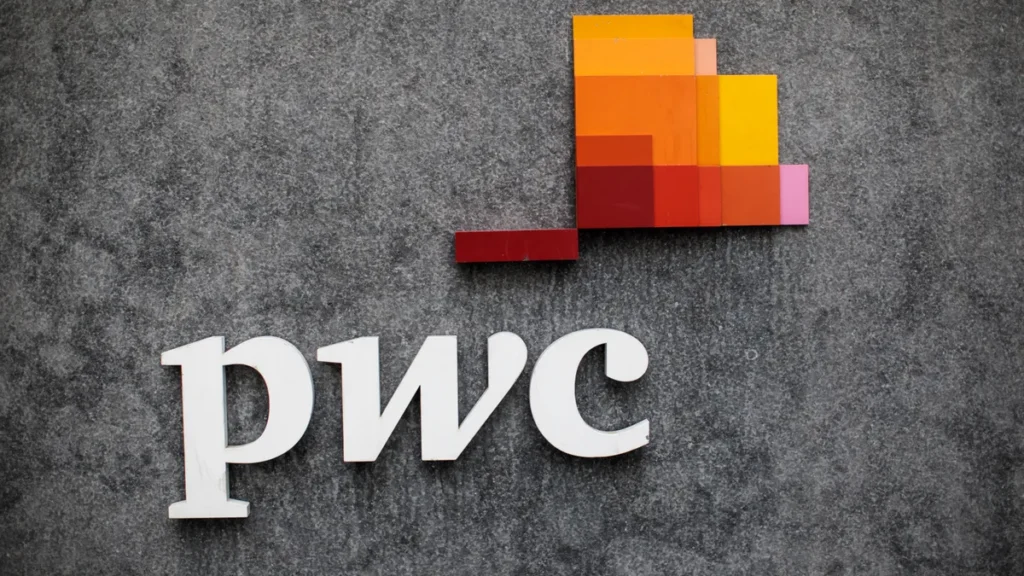“The risk is not that people leave — it’s that they stay and work half-heartedly,” according to the firm’s report.
Kathryn Mood Senior Editor

While trust remains key to a company’s bottom line, executives “continue to overestimate” just how much their employees trust them — a gap that has only grown in recent years, according to PwC’s 2024 Trust Survey, released March 12.
While 86% of the 548 business executives surveyed said they believe employee trust is high, only 67% of the 2,039 employees surveyed said they highly trust their employers, a gap of 18 points that is “higher than in the past.”
What is behind that gap? For one thing, companies may not have proper structures in place to identify trust expectations or those gaps.
“Many companies say that they measure trust but, based on our conversations with business executives, those metrics are often subjective and don’t fully capture the current sentiment across stakeholder groups such as employees, customers and investors,” PwC said in its report.
Employee engagement is one of those metrics, but for matters of trust, it is only a partial metric, the report continued.
Curiously, the way high trust manifests in the workforce is through productivity and operational efficiency, which may be slightly counter to how trust is viewed, PwC said. Trust may more often be viewed as key to long-term retention, but “this data shows that lower trust among employees has an immediate impact on everyday operations. The risk is not that people leave — it’s that they stay and work half-heartedly.”
What can be done?
To fix trust issues, employers may need to start at the top. Peer trust among the C-suite is low, PwC said; 44% of those surveyed said they trust each other “to a great extent,” lower than what they reported about non-C-suite colleagues (53%).
“For employees to feel trusted, it’s crucial for the members of the C-suite to trust each other,” the report said. “Only then can trust fully spread throughout the organization, fostering a culture of openness and collaboration.”
Additionally, allowing workers to determine their own work schedule and location may help with trust. For example, more than 7 in 10 employees surveyed said flexibility around when work gets done would build their trust, but less than half of executives said they offer such flexibility. A similar number of employees said the same about flexibility around where work is done, while 45% of executives said their organizations offered location flexibility.
Employers that try to extensively track such work can damage trust, however.

Leave a Reply